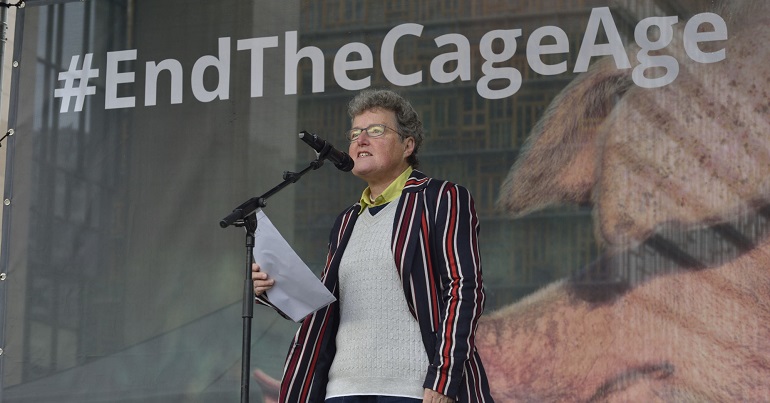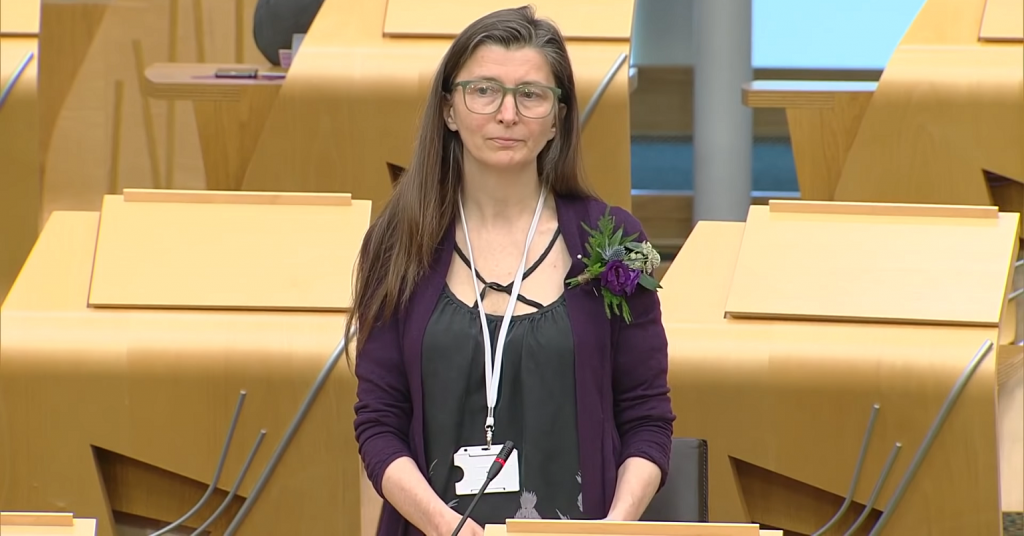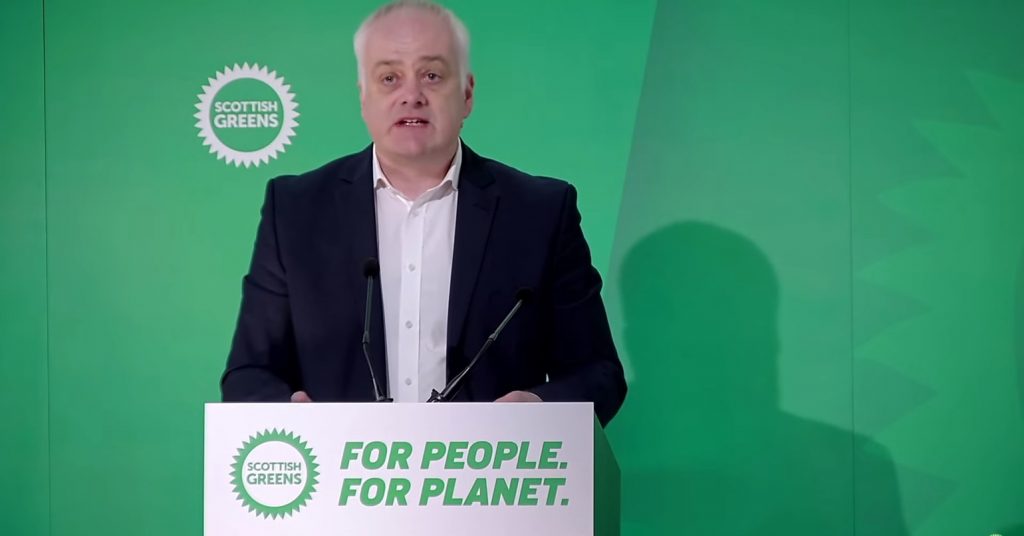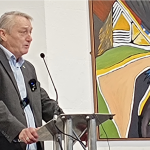Capitalism is undermining animal welfare

Four years ago, when my kind and generous Aunt Nancy died, aged 94, she asked that we should donate to the charity Compassion in World Farming. I felt that the cause of animal welfare required not just money but action, so I have put it high on the agenda in my political work as an MEP and as an activist. The more I have worked on this issue, the more I have come to see that animal rights cannot be treated as a niche interest, as is so often the case, but instead must be placed at the heart of Green philosophy.
Our age of mass produced fast food has an intolerable impact on the animals we exploit. It is a shocking, though sadly unsurprising, statistic that, worldwide, two in every three farmed animals are factory farmed – that’s more than 50 billion animals in any given year. In the UK, 16 million hens are factory farmed, and more than half of the UK’s mother pigs – over 250,000 – are forced to give birth in cages and raise their piglets through bars. My East of England constituency is the centre of the UK poultry and pork industry. While I have seen some examples of good farming practice in my visits to farms in the region, there is unfortunately also a massive expansion planned for the most awful intensive factory farms, which I have opposed. I am not alone – across Europe, more than 1.5 million people have signed a petition for the End the Cage Age campaign, which I have also supported in Brussels, including speaking alongside other MEPs.
But while we are seeing progress – thanks largely to the opportunities for change that the EU offers us – I am also increasingly aware that animal welfare cannot simply be treated as a single policy issue. We have to look at the wider reasons why animals are treated with so little respect or compassion by humans, and think about animal welfare in terms of its meaning for our ecosystems as well as how animals are directly treated by humans. In fact there seem to me to be two ways in which the damage we are doing to animals is symptomatic of a fundamental error in our economic thinking.
One of the issues is to do with global damage to the natural environment. The recent Intergovernmental Panel on Climate Change (IPCC) report on land use showed the severe impact that humans’ exploitation of the other living beings that share our planet is having, with scientists warning that humans’ hunger for meat is a major contributor to climate breakdown.
Meanwhile, in the UK, this year’s State of Nature Report delivered a woeful prognosis for the wildlife of our islands, with a quarter of the mammal species and half of the birds assessed at risk of extinction due to pollution, habitat loss, and climate breakdown. Humans’ addiction to ever-increasing consumption and growth—whether in intensively-farmed animals or in throw-away plastics or in new roads and new cars to drive on them—not only subjects individual creatures to intense suffering through exploitation, or through ingestion of plastics and other inedible debris; it is also depriving all species of the basis for life by driving global overheating and runaway habitat loss.
These broader environmental factors are not often considered in conventional understandings of animal welfare or animal rights, but they are a real threat to wild animals as well as farmed ones, and the threat comes from the desire to exploit the land for cheap food (and that includes cheap or inappropriate plant crops, not just meat production).
The other issue is to do with the way we think about economics and the exploitation of human labour in this country. Animal welfare tends to be seen as something that doesn’t directly impact on social conditions or economics, something of a niche interest. But in practice it is linked to low pay conditions: instead of ensuring that all people can afford to eat high welfare foods that do not cost the earth in pollution and factory farming, it depends on lowering the quality of food and of costs to deliver cheaper and cheaper food. This comes about because of the capitalist system. There is a priority on yielding profits for the investor, cutting the profit margins for farmers, and expecting nonetheless to feed a population whose wages or benefit payments are depressed to the bread line. It does not have to be like that; but to change it, we need to reject the very idea of feeding people from a system that is destroying the world.
Mass extinction, and the pollution that comes from factory farming (with its intensive use of antibiotics and chemicals for hygiene) constitute a serious threat to the survival of all species, including human beings. I cannot for myself see that we have a right to feed our species at the expense of the destruction of all others. In my opinion, we have a moral obligation to reserve a fair share of the planet’s resources for other animals, including the space they need to exercise properly in open fields under the sky.
Clearly, this is where Greens have a unique position and a unique and very urgent message. We have to have a holistic vision, in which human consumption and economic interests are not allowed to take priority over the health, wellbeing and sheer life of other creatures—or indeed of the working people in our own community. That means a change in our entire outlook as a society. Outlawing cage farming is just a start: we need to go further, and only a Green vision will offer the chance to heal our planet by treating our fellow creatures, human and non-human alike, with due respect and care.
Catherine Rowett is an MEP for the East of England and the Green Party’s animal welfare spokesperson.
With the UK now set for a General Election on December 12, Bright Green is publishing a series of articles from progressive party spokespeople on how their policies would transform the country. This article is part of that series – all articles can be found here.




Leave a Reply